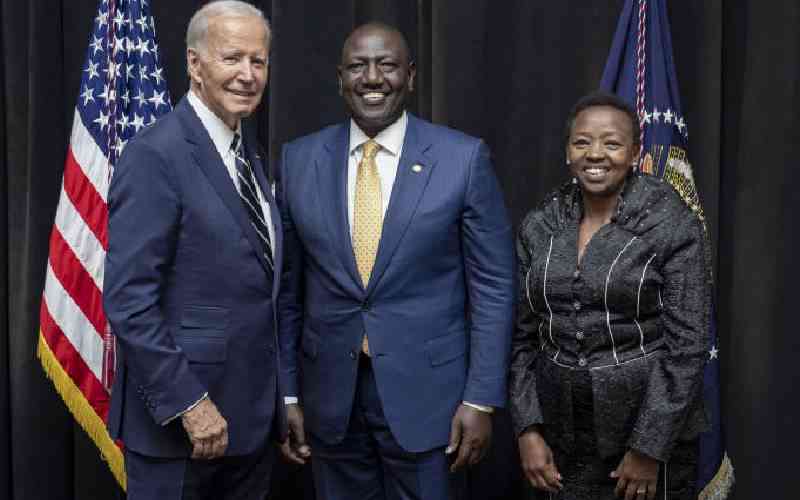
The United States will demonstrate its commitment to the African continent with $55 billion in pledges, national security adviser Jake Sullivan said Monday on the eve of a three-day summit of 50 high-level African delegations in Washington.
"The U.S. will commit $55 billion to Africa over the course of the next three years, across a wide range of sectors, to tackle the core challenges of our time," Sullivan said. "These commitments build on the United States' long-standing leadership and partnership in development, economic growth, health and security in Africa."